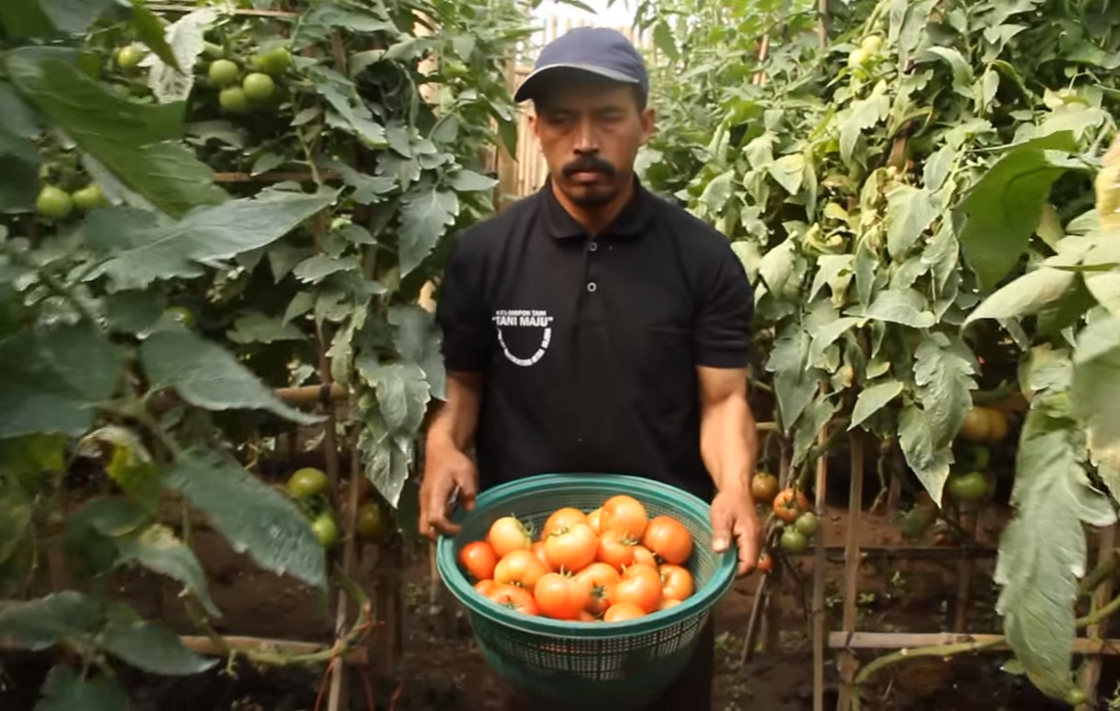Context
Indonesia yet again saw significant growth of 5% in 2016, thanks to solid monetary and fiscal policies, and stable household consumption. The government has started to implement reforms to improve the investment climate and boost growth. These include expanding investment in public infrastructure and opening up new sectors to private and foreign investment by reducing the layers of government regulations. The government realises that improving the rule of law is essential to foster continuous growth and ensure stability. In 2016, President Widodo introduced the first legal reform package. The anti-corruption commission stepped up its efforts to decrease impunity for corruption. The political power play heading towards the 2019 presidential elections has commenced. An issue of concern is the growing influence of certain radical groups in society, as manifested in the lead up to the process for alleged blasphemy against Governor Purnama of Jakarta and in the narrowing of space for minorities (e.g. LGBTI). Sadly, the country saw another round of death penalty executions. The risk of terrorism remains relatively high due to recidivism and returning foreign terrorist fighters, among others. Jakarta experienced a terrorist attack in January 2016.





